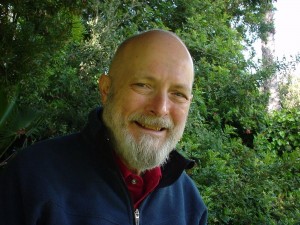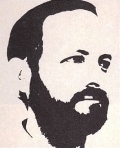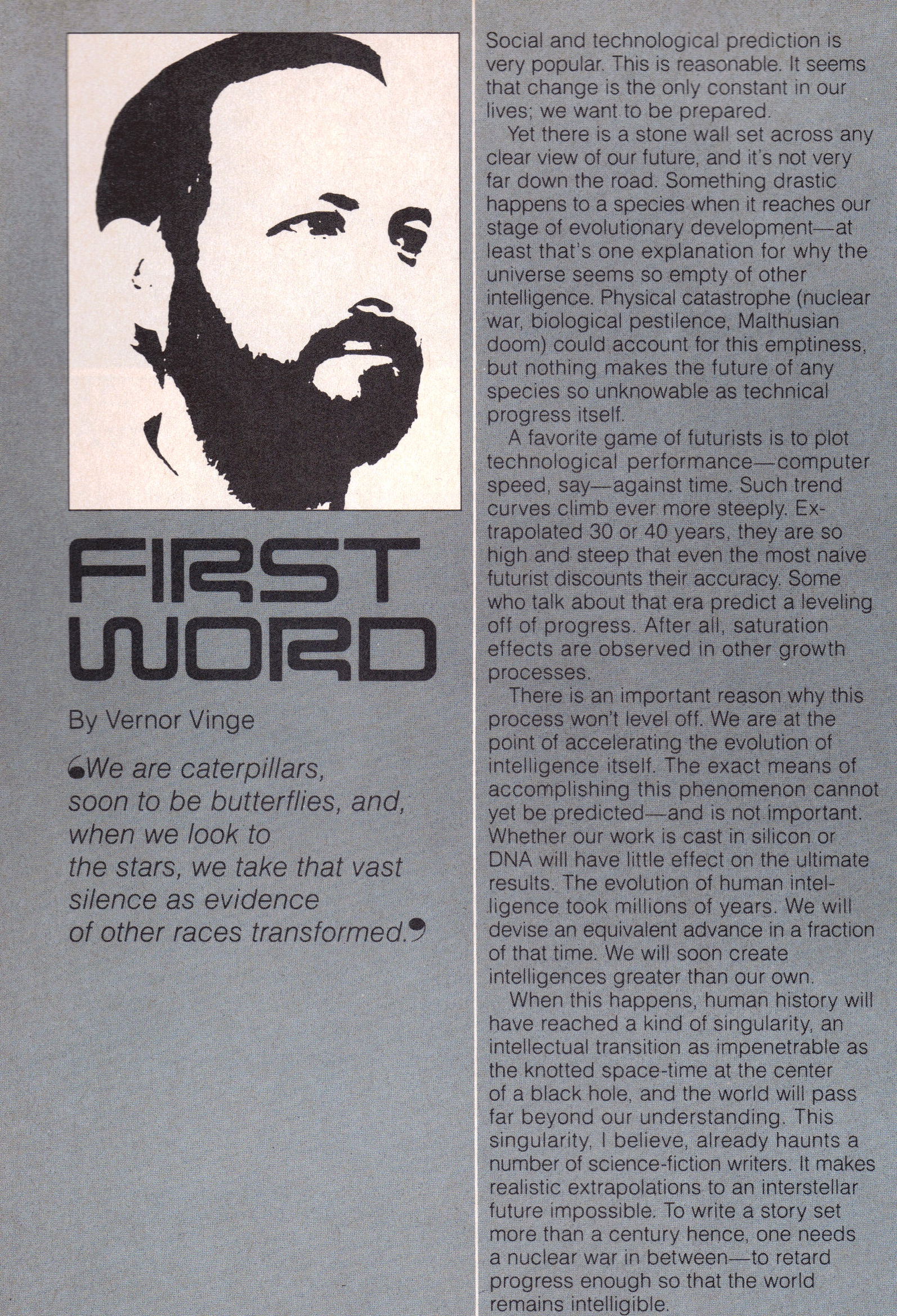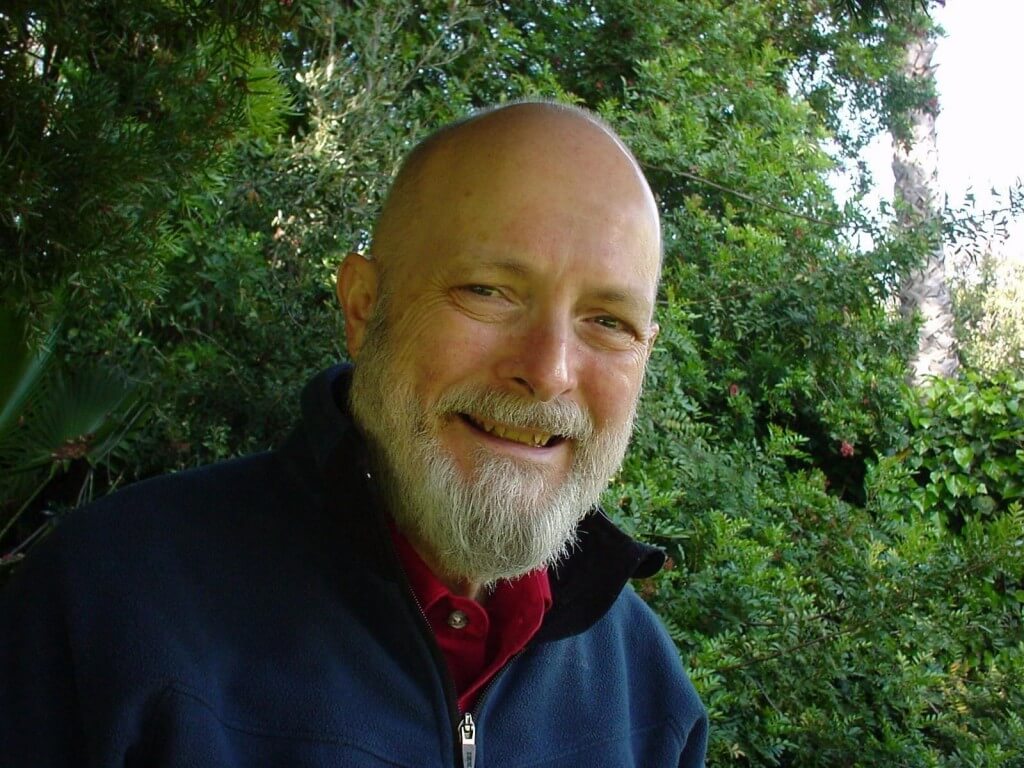John Moravec of Education Futures interviewed mathematician and science-fiction writer Vernor Vinge, noted for his foundational 1993 essay, The Coming Technological Singularity.

“I’m still where I was in my 1993 essay that I gave at a NASA meeting, and that is that I define the Technological Singularity as being our developing, through technology, superhuman intelligence — or becoming, ourselves, superhuman intelligent through technology,” said Vinge.
“And, I think calling that the Singularity is actually a very good term in the sense of vast and unknowable change. A qualitatively different sort of change than technological progress in the past.”
He still believes four pathways could lead to the development of the Singularity by 2030:
- The development of computers that are “awake” and superhumanly intelligent.
- Large computer networks (and their associated users) may “wake up” as a superhumanly intelligent entity.
- Computer/human interfaces may become so intimate that users may reasonably be considered superhumanly intelligent.
- Biological science may find ways to improve upon the natural human intellect.
When asked which one is more likely, he hinted that he sees a digital Gaia of networks plus people emerging:
The networked sum of all the embedded microprocessors in all our devices becomes a kind of digital Gaia. That qualifies, as an ensemble, as a superhuman entity. That is probably the weirdest of all possibilities because, if anything, it looks like animism. And, sometimes I point to it when I want to make the issue that this can be very strange. I think that actually the networking of embedded microprocessors is going like gangbusters.
The network that is the Internet plus humanity, that is also going with extraordinarily surprises, if you just look at the successes in the various schemes that go by names like crowdsourcing. To me, those have been astounding, and should give people real pause with how to use the intellectual resources actually that we have out there. So far, we do not have a single computer that is really of human-level intelligence, and I think that is going to happen. But, it is a kind of an amazing thing that we have an installed base of seven billion of these devices out there.
What does this mean for education?
Vinge believes talking about post-Singularity situations in education are impractical. In theory, is impossible for us to predict or comprehend what will happen, so we should not focus our attention on worrying about post-Singularity futures. Rather, we should focus on the ramp-up the the Singularity, our unique talents, and how we can network together to utilize them in imaginative ways:
When dealing with unknown futures, it remains unknown how to prepare people best for these futures. He states that the best pathway involves teaching children “to learn how to learn” (a key theme in Fast Times at Fairmont High) is the best way we can encourage the development of positive futures is to attend to diversity in our learning systems. We need to not facilitate the formation of diverse students, but we also need to abandon a monoculture approach to education and attend to a diverse ecology of options in teaching and evaluation.
Related articles


 When
When 
 Today
Today